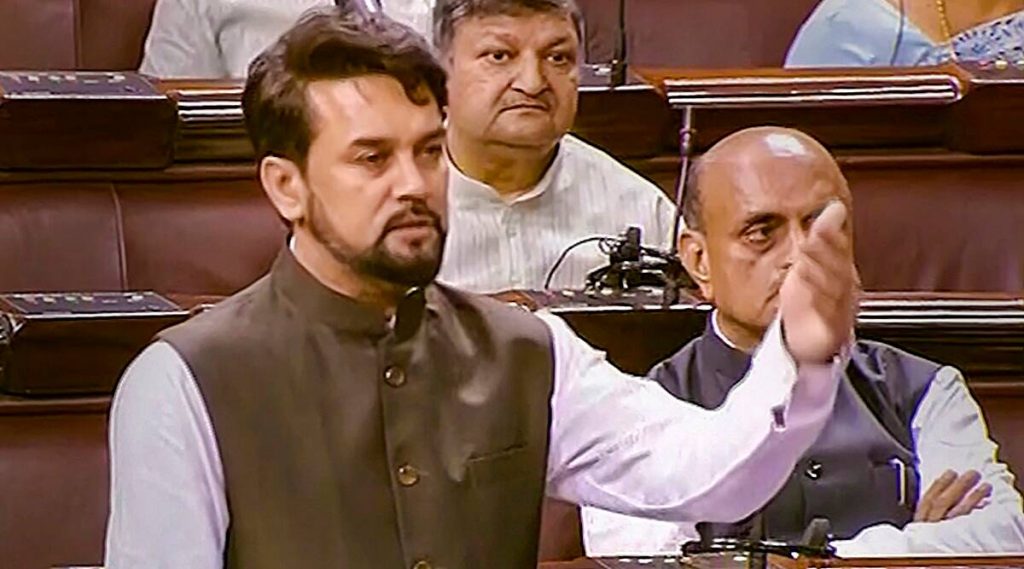NewsGate Press Network
The path breaking Anti-Doping Bill has been finally passed by both the House of Parliament paving way to hold big time sporting events in the country.
On Wednesday the 3rd of August 2022, the Rajya Sabha approved after it was passed by the Lok Sabha last week by by a voice vote.
‘The National Anti-Doping Bill, 2022’ seeks to create a regulatory framework for anti-doping rule violations in sports and provides a statutory framework for the functioning of the National Anti Doping Agency and the National Dope Testing Laboratory.
“India can carry out only about 6,000 tests a year. The new Bill would help in increasing the testing capacity significantly. In order to conduct any large international championship, the number of tests required could be as high as 10,000 a month,” said Sports and Youth Affairs Minister Anurag Thakur replying the debate.
The Bill was examined by the Parliamentary Standing Committee on Sports, and some of their recommendations have been incorporated in the Bill passed by Lok Sabha.
The Bill seeks to constitute NADA as a statutory body headed by a Director General appointed by the central government. Functions of the Agency include planning, implementing and monitoring anti-doping activities, and investigating anti-doping rule violations.
“NADA has developed the Anti-doping Awareness Toolkit, using technology. School children will also be informed about what exactly doping is and how it happens. With the enactment of this law, the message will be clear in countries around the world and in WADA that India is very serious about sports, sportspersons and doping,” the Minister said.
As per the Bill, National Anti Doping Disciplinary Panel will be set up for determining consequences of anti-doping rule violations. This panel will consist of legal experts, medical practitioners, and retired athletes.
Athletes found in violation of anti-doping rules may be subject to disqualification of results including forfeiture of medals, points, and prizes, ineligibility to participate in a competition or event for a prescribed period and financial sanctions.
Initially, the Bill did not have provisions for protected athletes but after the Standing Committee’s recommendation, provisions for such athletes have been included in the Bill.
Protected persons will be specified by the central government. As per the WADA Code, a protected person is someone who is below the age of 16, or below the age of 18 and has not participated in any international competition in an open category, or the one who lacks legal capacity as per their country’s legal framework.


Comments are closed for this post.